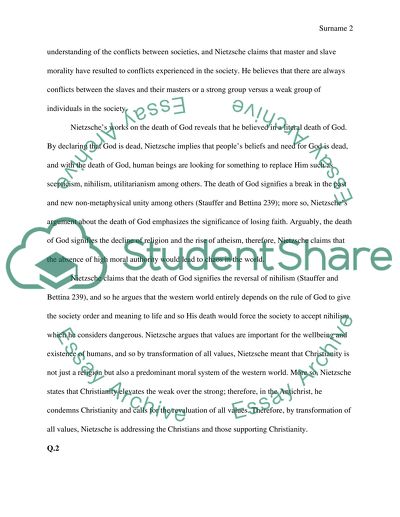Cite this document
(“Philosophy Ethics Essay Example | Topics and Well Written Essays - 1500 words - 1”, n.d.)
Retrieved from https://studentshare.org/philosophy/1497291-philosophy-ethics
Retrieved from https://studentshare.org/philosophy/1497291-philosophy-ethics
(Philosophy Ethics Essay Example | Topics and Well Written Essays - 1500 Words - 1)
https://studentshare.org/philosophy/1497291-philosophy-ethics.
https://studentshare.org/philosophy/1497291-philosophy-ethics.
“Philosophy Ethics Essay Example | Topics and Well Written Essays - 1500 Words - 1”, n.d. https://studentshare.org/philosophy/1497291-philosophy-ethics.


